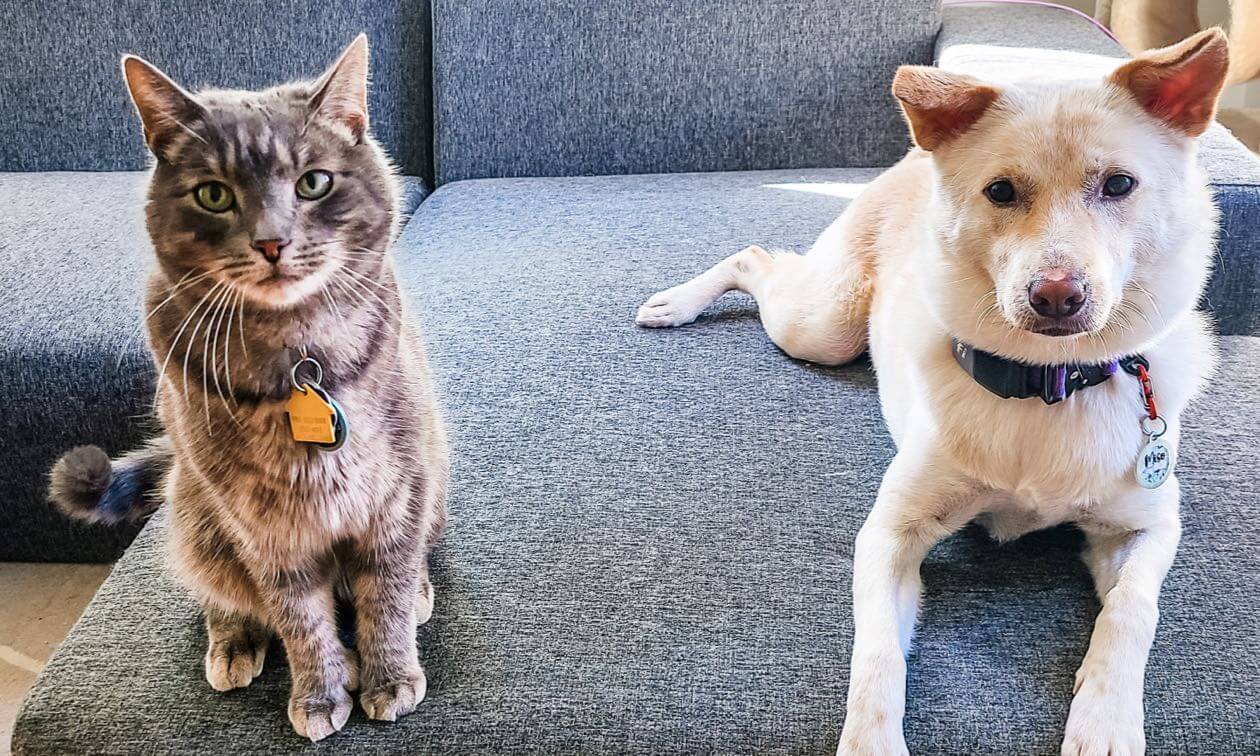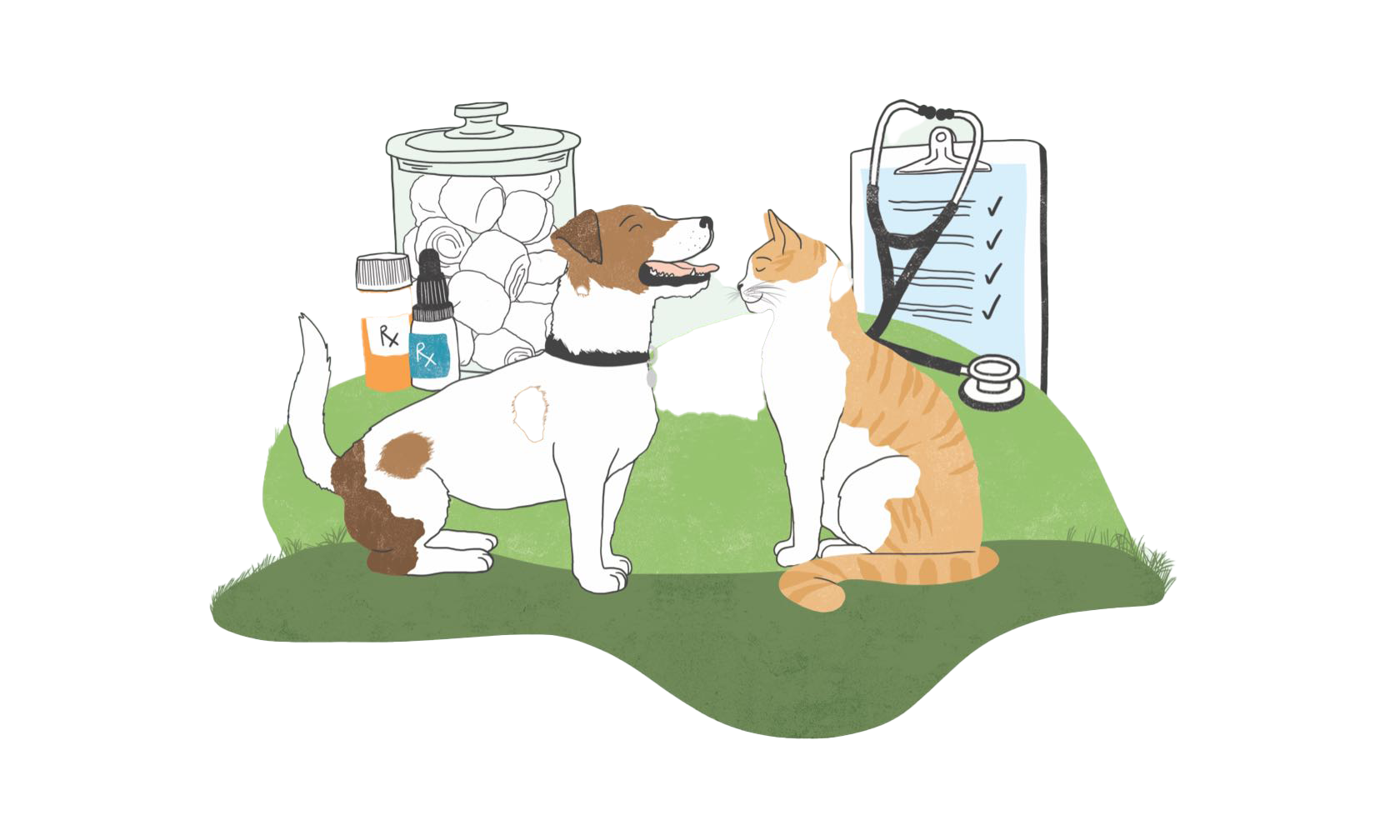What will happen to your pet if you’re unable to care for them due to illness, injury, or in the event of your death? To make sure your pet is cared for according to their needs and your wishes, it’s a good idea to set up a pet trust or pet protection agreement. This goes beyond just including your pets in your will, as it's not just about what happens to your pets after you're no longer around. These options can ensure support for you and proper care for your pet in situations such as a debilitating injury or accident, illness treatment, moving to a long-term care home, natural disasters, and more.
What is a Pet Trust?
A pet trust is a legal arrangement that maps out the care of your pet(s) if you become incapacitated or pass away. A trust typically consists of care instructions for your pet, holds property and cash to be used for care, and designates caregivers who will carry out the care. Most pet trusts can be legally enforced, which ensures that your wishes for your pet's care are followed.
While you can include a pet trust as part of your will, it's better to have a free-standing pet trust (this ensures that it can be used in case of injury or illness rather than only being accessible after your death). However, you can (and should) still include the pet care plan in your will to cover all your bases.
What is a Pet Protection Agreement?
A pet protection agreement is less formal than a pet trust. Including financial resources for your pet's future care is not required, although this is recommended. Unlike a will, the designated caregiver must sign the agreement, which legally binds them to the terms of the agreement.
How to Set Up a Pet Trust or Pet Protection Agreement
- Connect with a lawyer. A lawyer will help you properly set up a pet trust and will need to know how to execute the trust should something happen to you. Speak with them about preventing fraud by including specific identifiers for your pet (such as microchips, photos, and DNA samples). Discuss how the trustee will require regular inspections of the care of your pet to ensure your wishes are being followed. A lawyer can also help ensure that a pet trust or pet protection agreement is correctly worded and legally binding.
- Designate caregivers. At a minimum, you will want three designated caregivers for your pet. If your primary designated caregiver is unable to care for your pets, then there is a backup. You can also designate a rescue or shelter organization as a last resort if no one named in the trust or agreement can care for your pet.
The named caregivers should be people you trust, ideally familiar with your pet. Speak with potential caregivers before officially naming them in the pet trust or agreement and make sure they are willing to take on this responsibility.
- Write detailed instructions and wishes. Make it easier for your designated caregiver to care for your pet by outlining your pet's needs and routines. Include detailed instructions about what and how much they eat, how much exercise they need, grooming information if needed, any medications they take, and veterinary contact information. It can be helpful to explain your pet's temperament, such as how they do around children or other animals, as well as cover their training and behavioral needs.
Include your wishes for veterinary care decisions in case your pet becomes ill or injured. This supports and guides your designated caregiver if they are faced with the decision of continuing or stopping veterinary treatment for your pet. Detail your wishes after your pet's death, such as whether you'd like them buried or cremated.
- Provide funding. How much money should you put into a pet trust or set aside for a pet protection agreement? This certainly depends on what you have available. Consider your pet's current cost of care and think beyond just food and veterinary care. Do they require frequent, expensive grooming? Will the caregiver need to hire a pet sitter if they travel? If possible, provide enough funding to care for them for their lifetime.
If your pet passes away before the funds are exhausted, you can set up a designated disbursement of the remaining funds, whether to the caregiver or another organization.
- Share information with people named in the trust or agreement. Once you have a pet trust and pet protection agreement in place, make sure to inform those named as caregivers as well as others in your family. This way, they know that something is in place and available for them should something happen to you.
This article contains general information only and does not take into account the individual objectives, financial situation or needs of any particular individual. The information contained herein does not constitute financial, investment, legal or tax advice.
ZPC-02559



